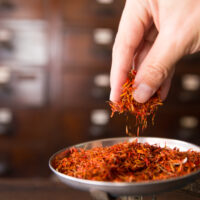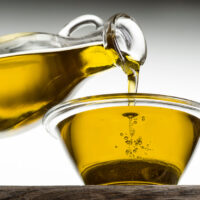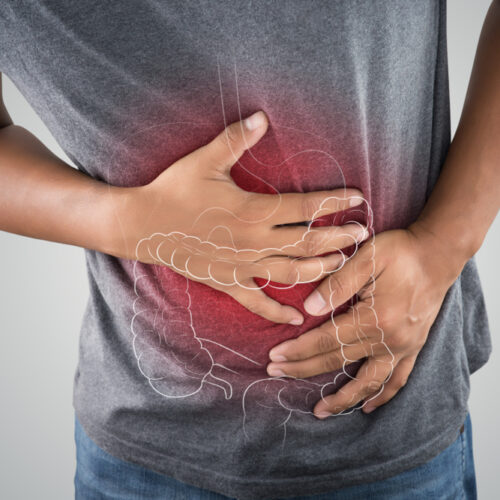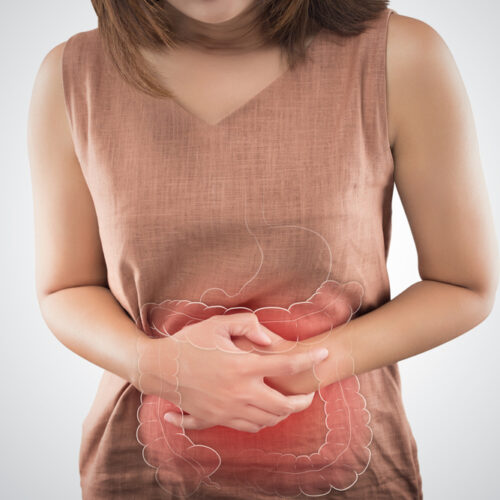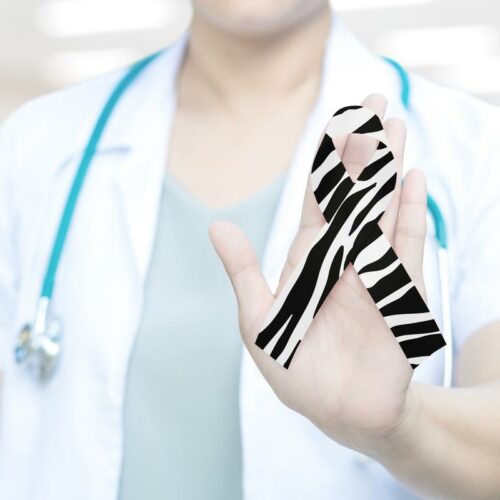How to Reduce Creatinine Through Diet Changes
Creatinine is a chemical waste product produced during body metabolism. The chemical is usually flushed out of the body through urine. Normal kidney function ensures that these waste products do not accumulate in the body and are regularly cleared out of the system.
How Is Creatinine Produced?
from amino acids like methionine and glycine are processed in the kidneys.

This creatine is stored and used in muscle tissues to produce energy. When you exercise your muscles, creatine in the muscles is used up and produces the waste product, creatinine.
Creatinine tests show creatinine levels in the urine and blood. Normally, creatinine level in the urine would be higher than the level in the blood. This is because the kidneys usually remove the creatinine through urine. Knowing how to reduce creatinine levels will help mainatin a stability in its production.
Normal creatinine levels in the blood for men and women:
- For men, blood creatinine level is usually in the range of 0.6 to 1.2 mg/dL
- For women, blood creatinine level is usually in the range of 0.5 to 1.1 mg/dL
Creatinine level in men is higher than women because of greater muscle mass.
Kidneys and Creatinine
If the kidneys are not functioning normally for some reason, many waste products, including creatinine, can build up in the body. If you have persistently high levels of creatinine in your blood, it may indicate an underlying problem.
High creatinine levels in the blood beyond the normal range for your sex can lead to serious health issues. It can even result in life-threatening disorders like uremia. Before it gets too late, consider the following treatments to know how to reduce creatinine.
How To Reduce Creatinine
If your kidneys have stopped functioning, dialysis might be the only solution. However, if you have a milder issue, you can take remedial measures to reduce the amount of creatinine in your blood.
- Modify your Workout Regime
If you are in the habit of doing rigorous workouts, you increase creatinine level in the body. It is because creatinine is produced as a result of muscle activity. One study revealed that intense workouts could result in a spike in creatinine levels. Try to replace high-intensity exercises with other, less demanding routines. Instead of jogging, try walking. Instead of lifting weights, do yoga exercises to keep your body in shape. - Avoid Vanadium
Vanadium is a mineral that is considered beneficial for controlling blood sugar levels. It is present in many health supplements. However, vanadium has also been associated with a rise in blood creatinine levels. - Limit Consumption of High Protein Animal Products
Reduce your consumption of red meat and dairy products that are rich in protein. Research has shown that a high-protein diet can increase creatinine in the body. This is because cooking converts the creatine present in meats into creatinine. - Stay Away From Creatine Supplements
Creatine helps in physical activity, and many athletes take creatine supplement to boost their performance. However, those who have kidney problems should avoid these supplements as they build creatinine levels in the blood. - Reduce Intake Of Sodium, Potassium, and Phosphorous
Avoid salty foods which are high in sodium. Foods like pork, fish, squash, nuts, shellfish, soybeans, etc. have high levels of phosphorous. Spinach, celery, and bananas are some foods that are rich in potassium. Though these are normally beneficent minerals, if you have high creatinine levels in your blood, avoid these. The kidneys could find it difficult to process these nutrients. - Include Certain Beneficial Foods
Vitamin C can be effective in helping the kidneys remove creatinine from the body. So, include vitamin C rich foods like parsley, lemons, berries, and cauliflower. Substitute red meat with organic grass-fed lean meat in your diet. Enjoy fresh fruit and vegetable smoothies.
Some Herbal Remedies
Some herbs and spices can help you to know how to reduce creatinine levels in the body and boost kidney function.
- Salvia
Salvia is a herb that enhances glomerular filtration rates. Glomerular Filtration is the process by which the kidneys remove wastes and excess fluids from the blood. - Stinging Nettle
Make a herbal drink from nettle leaf. Steep the leaves in hot water for a few minutes, then drink this water. Nettle leaf stimulates urine production and thus helps in removing wastes from the body. - Chamomile
Chamomile can be used in the same way as nettle leaf. Make chamomile herbal tea by adding three teaspoons of chamomile flowers to hot water. Let it soak for five minutes. Then filter the water and drink it. Chamomile can help to naturally lower creatinine levels. - Siberian Ginseng
Not to confuse with other ginsengs, Siberian Ginseng contains eleutheroside compounds. It helps promote blood circulation in the kidneys and also remove creatinine. - Dandelion Root
Make a herbal tea with this herb, steep a tablespoonful in hot water for 10 minutes. Dandelion root has diuretic properties, that is, it can increase urine production. It will help to naturally flush out wastes and toxins like creatinine from the body and this how you will know to reduce creatinine levels. - Cinnamon
Cinnamon is a spice that adds taste and flavor to any food. It also provides many health benefits. Cinnamon can promote the filtration functions in the kidneys, helping to remove creatinine. It can also regulate blood sugar levels, preventing the chances of further kidney damage.
These remedies will help you to know how to reduce creatinine levels in your body effectively.




